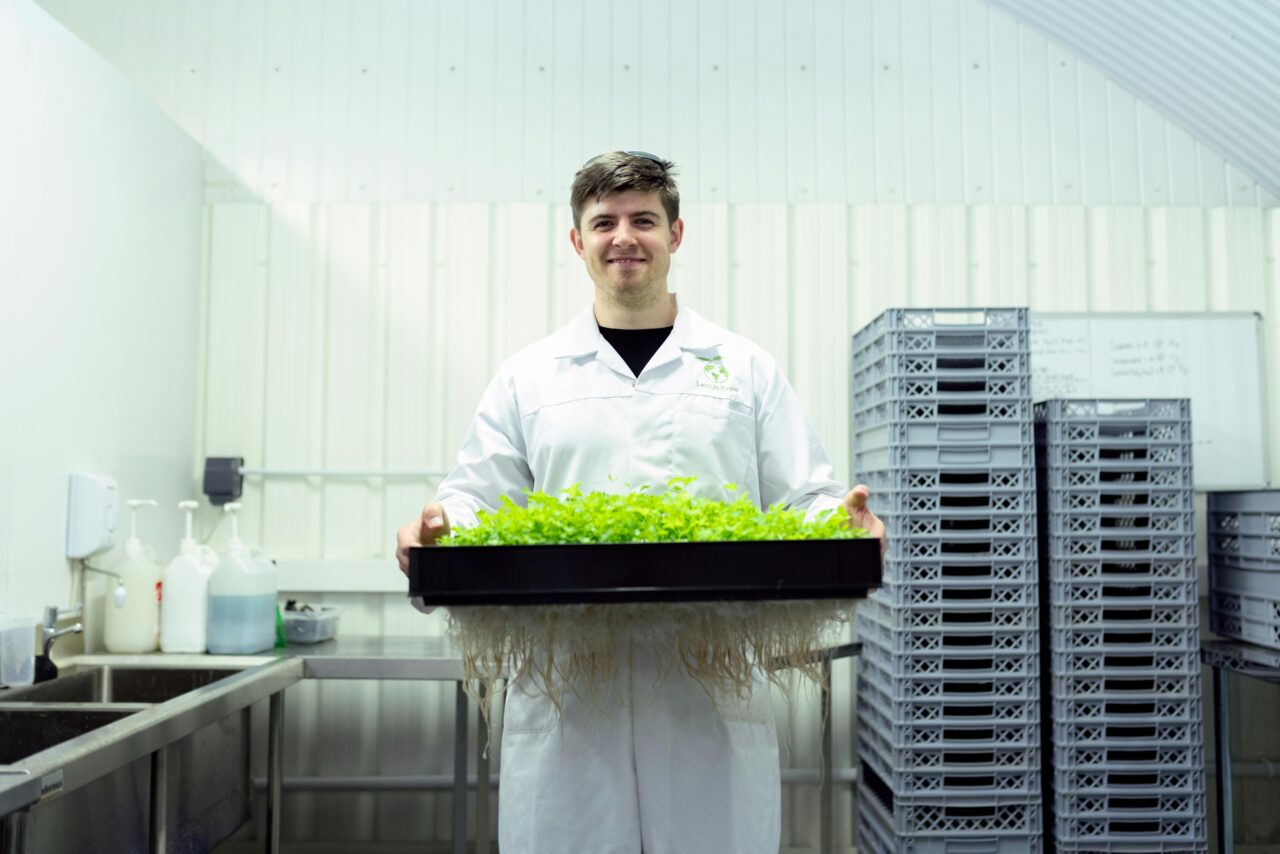Agriculture is undergoing a seismic shift. No longer just about soil, seeds, and seasons, farming is rapidly becoming a high-tech industry driven by AI, IoT, and data analytics.
From smart irrigation systems to autonomous farm machinery, AgTech startups are at the forefront of this transformation—creating digital solutions that make farming more efficient, productive, and sustainable.
But turning agricultural innovation into reality requires more than just great ideas. It demands a robust digital backbone—a technology infrastructure that seamlessly connects farms, farmers, and the food supply chain.
This is where a high-quality software design and engineering agency becomes a mission-critical partner.
By leveraging expertise in AI, cloud computing, IoT, and blockchain, the right software agency can help AgTech startups develop scalable, secure, and interoperable systems—ensuring their solutions don’t just work in a lab, but thrive in the field.
Why AgTech Needs a Digital Backbone
Agriculture is one of the oldest industries, yet it is one of the last to be fully digitized. Many farms still rely on manual processes, outdated software, and disconnected data systems.
For AgTech startups, the opportunity is massive—but so is the challenge.
A true digital backbone for agriculture must:
- Enable real-time data collection from sensors, drones, and smart farm equipment.
- Connect farmers, agronomists, and supply chain operators in a single ecosystem.
- Leverage AI and machine learning to optimize yields and resource efficiency.
- Ensure security and transparency* in the global food supply chain.
- Scale across different farm sizes, climates, and regulatory environments.
Without a well-designed technology foundation, even the most innovative AgTech ideas can struggle to scale and gain market traction.
Key Challenges in Building the Digital Backbone for Agriculture
1. Interoperability Across Agricultural Systems
Farms use multiple data sources, from IoT sensors to satellite imagery and weather APIs. Many AgTech solutions fail because they don’t integrate smoothly with existing tools and platforms.
Solution: A software agency with deep engineering expertise can design flexible APIs and integrations—ensuring that different systems communicate seamlessly.
2. Scaling from Pilot Farms to Global Operations
A prototype that works on one farm might fail at scale due to differences in climate, soil conditions, and infrastructure.
Solution: By leveraging cloud computing and scalable architectures, a strong technology partner can help AgTech startups expand from local trials to thousands of farms worldwide.
3. Data Security and Compliance
As agriculture becomes more digitized, data privacy and cybersecurity risks grow. Farmers and agribusinesses need secure, compliant solutions that protect sensitive information.
Solution: A high-quality software agency implements robust encryption, blockchain traceability, and regulatory compliance—ensuring data integrity and trust.
4. Bridging the Digital Divide for Farmers
Many farmers are not tech-savvy, making user adoption a significant challenge. Complex systems that require extensive training can slow down AgTech adoption.
Solution: A software partner that prioritizes human-centered design (UX/UI) can ensure that digital tools are intuitive, easy to use, and farmer-friendly—driving higher adoption rates.
How a High-Quality Software Design & Engineering Agency Helps AgTech Startups Succeed
1. Strategy: Building a Digital Roadmap for AgTech Innovation
A great product starts with the right strategy. Before writing a single line of code, AgTech founders need a clear technology roadmap that aligns with their business goals.
A strategic software partner helps AgTech startups:
- Define a scalable technical architecture
- Align product development with market demands
- Build a long-term growth strategy for sustainability and profitability
2. Engineering: Crafting Scalable, Future-Ready Technology
Developing an AgTech solution that lasts requires world-class engineering talent. The right software agency ensures that solutions are:
Cloud-native and scalable, ready to grow with demand
Optimized for real-time data processing, essential for farm automation
Secure and compliant, meeting global regulatory standards
3. AI, IoT & Blockchain: Powering the Future of Smart Agriculture
- AI-driven crop analysis – Detect diseases, optimize fertilizer use, and predict yields.
- IoT-powered smart farms – Automate irrigation, monitor soil health, and improve resource efficiency.
- Blockchain for supply chain traceability – Ensure food safety and sustainability from farm to table.
By combining cutting-edge technology with deep agricultural knowledge, the right software agency helps AgTech startups build future-proof solutions.
Success Story: Transforming Agriculture with a Strong Digital Backbone
Challenge: A startup developing an AI-powered soil analysis platform struggled to integrate real-time sensor data and expand beyond pilot farms.
Solution: By partnering with a high-quality software agency, the startup:
- Built a scalable cloud-based platform for data aggregation
- Developed a mobile-friendly UI for farmers with low technical expertise
- Integrated AI-driven recommendations to improve soil fertility and increase crop yields
Results: The startup expanded from 50 pilot farms to 5,000+ farms worldwide, securing Series A funding and partnerships with major agribusinesses.
The Future of AgTech: Smart, Connected, and Sustainable
AgTech startups are reshaping the future of farming—but they can’t do it alone.
To build solutions that farmers trust, investors fund, and regulators approve, AgTech founders need a technology partner that understands the complexity of agriculture and the demands of digital transformation.
A high-quality software design and engineering agency provides the expertise to develop a digital backbone that connects every aspect of modern farming—from soil to supply chain.
For AgTech founders ready to scale smarter, move faster, and create lasting impact, choosing the right software partner is the first step toward revolutionizing agriculture.
Because the farms of the future won’t just be bigger—they’ll be smarter, stronger, and more sustainable than ever before.

